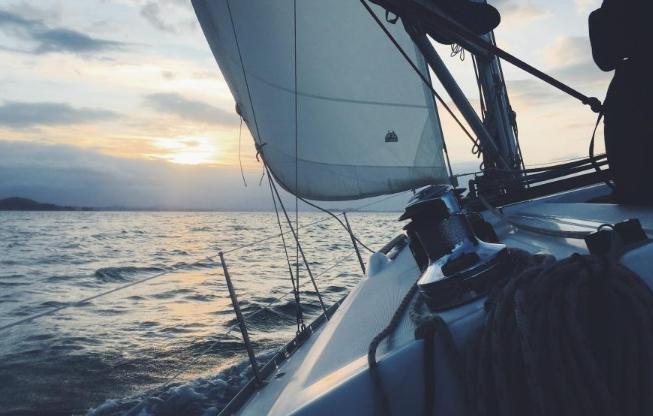The marine industry in New Zealand is experiencing robust growth, adding $3 billion to the country’s economy each year. Recent data revealed during the NZ Marine Industry conference by Executive Director Peter Busfield indicates that the sector generated $2.2 billion in domestic sales and $800 million in exports.
Taking place in Tauranga, the conference brought together over 130 participants from the marine industries of New Zealand and Australia. Over two days, the event featured presentations, panel discussions, networking opportunities, and brainstorming sessions. With attendees contributing innovative concepts, the conference showcased a vibrant atmosphere, underscoring the positive state of the New Zealand marine industry and its promising prospects ahead.
President Garry Lock, inaugurating the conference, expressed his delight at the gathering of numerous industry professionals in one location to commemorate achievements and explore future prospects. Lock emphasized that despite enduring challenges over the past few years, the industry has maintained a strong bond. He further emphasized the joy of reuniting in person to engage in comprehensive discussions encompassing all facets of the industry.
Noteworthy speakers at the event encompassed Darren Vaux, head of the International Council of Marine Industry Associations, and Andrew Fielding, leader of Australia’s Boating Industry Association. They imparted insightful perspectives from a worldwide standpoint. A panel session featuring representatives from marine companies engaged in innovative areas like alternative power sources—hydrogen and electric power—and emerging boating trends like foiling generated significant interest among attendees.
During the conference, NZ Marine outlined its upcoming international and local events and promotions for the next year, aiming to create avenues for growth in export and local sales for New Zealand manufacturers.
The marine industry is undergoing technological shifts in manufacturing methods, leading to the ongoing provision of advanced industry-driven apprenticeship training by its wholly-owned training arm, the Marine and Specialised Technology Academy (MAST Academy). This initiative offers promising career prospects for both school graduates and mature learners.
The emerging generation of boating enthusiasts seeks convenient and swift access for their boating activities, as well as cleaner power options and environmentally sustainable materials in the boats they utilize. Furthermore, they are keen on harnessing technology to achieve these objectives.
Anticipated growth in the marine industry is set to persist, with projections of over 5500 boat constructions for this year. The majority of these vessels fall within the category of trailer boats ranging from 3.5 to 8 meters in size. Additionally, the count of apprentices engaged in boatbuilding and associated trades has risen to 650.
“Exciting times are upon us, and undoubtedly, significant advancements are on the horizon,” stated Busfield. “Yet amidst all these changes, one constant remains: the deep appreciation Kiwis hold for the healthy boating lifestyle. With 1.9 million individuals frequently taking to the water, boating stands as New Zealand’s most favored recreational pursuit. Our industry stands strong, poised to move forward into the future, building upon our rich legacy of innovation and accomplishment.”

